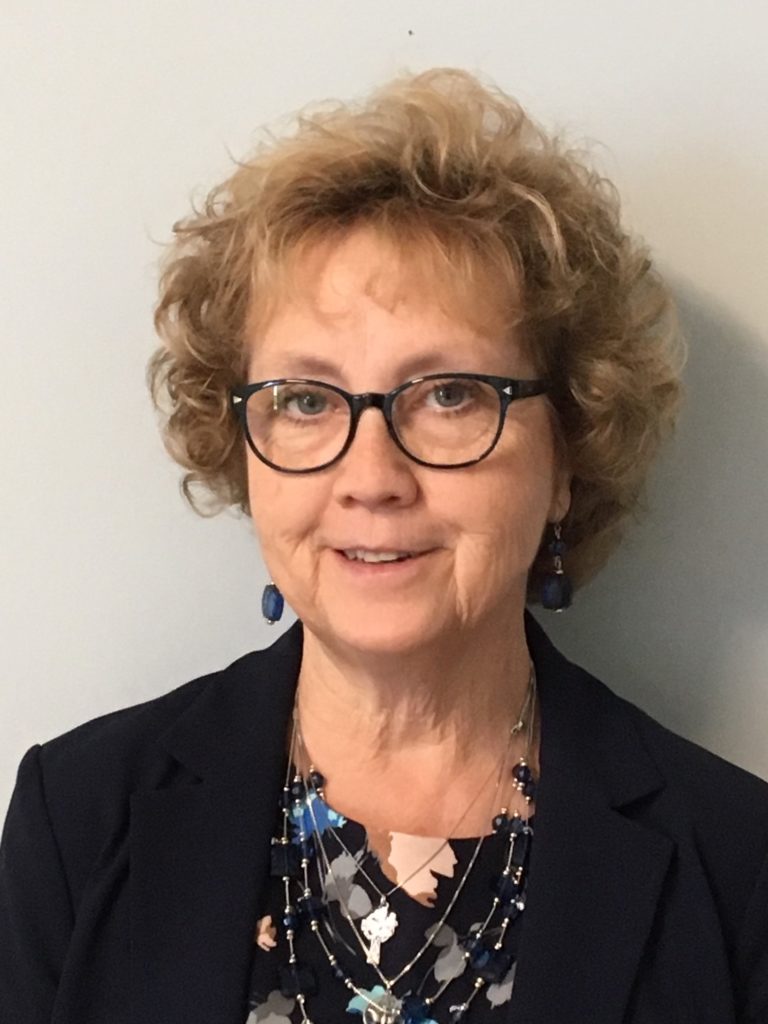
Lakes Region Mental Health Center
As the CEO of a mid-sized business in the Lakes Region, I share the same problem that many businesses, for-profit and non-profit, are facing in New Hampshire right now: not enough qualified workers to fill open positions. Because it’s summer, most recent news stories have focused on the impact of workforce shortages on the state’s tourism economy; maybe you have even seen it first-hand when you’ve waited to be seated in a restaurant where there are plenty of open tables but not enough wait staff to cover them all. The crisis extends to construction, manufacturing, high-tech, and many other sectors of our economy. Some small businesses have even closed this year because of the worker shortage. Recruiting and retaining staff are my current priorities. Other business leaders have the same burden; however, because this business is a non-profit community mental health center, it’s not lost revenue or reduced profits for shareholders that keep me awake at night — it’s the human cost, when people go without the psychiatric care they desperately need. It’s essential for patients to have doctors or other practitioners to identify and recommend the course of treatment for their psychiatric illnesses. Without workers to provide these critical services, families can be torn apart as they watch loved ones deteriorate, or as they give up their own jobs to provide care themselves, without the training or appropriate supports to do so. In many cases, when people don’t get timely and appropriate care for a mental illness, they are also cheated out of services that would help afford them the basics of life, like housing, education and employment. In March, I testified on the state budget at a House Finance Committee hearing in Laconia hosted by our community college. The majority of the testimony, including mine, was relative to the workforce challenges health care providers face. Our “ask” of the budget writers was for a small increase in the Medicaid reimbursement rate, as well as increased funding for the state Loan Repayment Program. The House and later the Senate listened to these requests and the budget they approved in June included both, albeit a smaller Medicaid rate increase than what we started with. The current impasse over the state’s two-year spending plan is not due to the workforce fixes that I and other health care providers have advocated for, but our sections of the budget became collateral damage when the governor vetoed the budget bills because of business tax concerns. The rate increase that would have helped all the state’s Medicaid providers is now uncertain; and the added funding for the state Loan Repayment Program — a proven, affordable way to help us recruit and keep clinicians in the state — is also on hold. The relief that my community mental health center and other providers had hoped to see on July 1 is not likely to happen anytime soon. The 10 community mental health centers had over 200 open positions at the end of April, 184 of which were clinical positions. Our association, the N.H. Community Behavioral Health Association, has tracked these vacancies for over 2 1/2 years and the numbers have not improved. Meanwhile, the need for services has grown. It is unconscionable that a state as rich as ours should deny anyone the opportunity for a decent quality of life, and that is exactly what happens when people don’t have access to appropriate and timely mental health care. Health care providers want the key players in the executive and legislative branches to come to an agreement that includes both an across the board rate increase for all Medicaid providers, and an increase for the state Loan Repayment Program. The delay in getting a state budget enacted is at least disruptive; at worst, life threatening. The need for these modest and incremental investments in the health care workforce has been clearly expressed and was supported by a large and bipartisan majority in the Legislature. The time for leadership to act is now. I implore our policymakers and leaders to do so, mindful of that human cost that keeps me, and many others in the health care field, awake at night.
(Maggie Pritchard is executive director of Lakes Region Mental Health Center in Laconia.)
